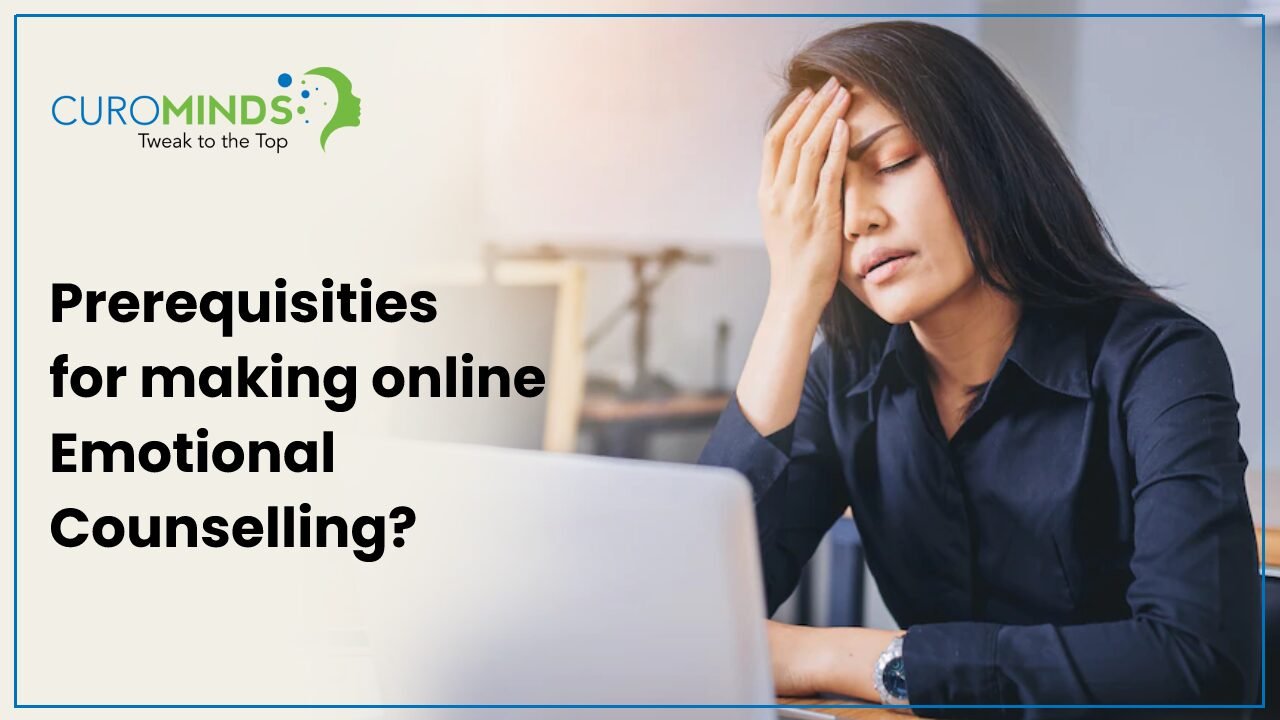Our Expertise


When we ask someone how they are doing, the main point that comes to mind is that ‘how are they doing physically?’ Individuals have concerns on their minds which interfere with their day-to-day activities. Mental balance is necessary. The majority of people are the youth; they face so many issues. Examples are family problems, homesickness, identity, loneliness, loss of motivation, pain, problems with food or body image. When individuals cannot cope with the situation, there is a decline in their mental health. In developing countries, the effect of stressors on mental health has increased. Why is it so? Mental health not being as important as physical health. Only in recent years, we’ve seen mental health with equal importance.
Counselling is an upcoming practice that is in the limelight.
So, what exactly is counselling? Counselling is a way of helping people to solve their problems, be it emotional, social, personal or interpersonal. It is not giving advice or solving your problems on behalf of you. The counsellor guides you to look at matters objectively; they provide you with a third-person point of view. It is a safe space to understand your strengths and weaknesses. When we talk about why we require counselling, it’s best to refer to different aspects of psychology. Carl Rogers and Abraham Maslow contributed to the humanistic view of psychology. When Maslow talks about the hierarchy of needs, the hierarchy being:
Physiological needs —> Safety needs —> Love and belonging —> Esteem —> Self Actualization
According to him, an individual seeks the stage of self-actualization in life and only then considers it complete. In psychological terms, it is “a person reaching the development of self-fulfilment, self-realization, self-transcendence, self-growth, and self-respect.” As we transition through these stages, we face unresolved issues. Solving these issues with proper guidance is required.
Unresolved matters or not moving forward in life acts as a hindrance to daily thinking.
Even when we talk about the psychodynamic approach to psychology, counselling is much needed. The psychodynamic approach says that our personality is greatly affected by our childhood. According to Freud, there are five stages to our development (oral, anal, phallic, latent, and genital stages.) A fixation occurs when an individual does not overcome an earlier psychosexual stage. The individual remains “stuck” until the conflict is solved. For example, an individual stuck on the oral stage may be over-dependent on others and may seek oral stimulation through smoking, drinking, or eating. Solving such childhood or developmental conflicts with the help of counselling/therapy is extremely important. Why is it important? To develop as individuals and lead a good life.
Apart from this, counselling proves to be an asset in various other ways – from promoting greater self-esteem to decreasing stress and anxiety – which helps an individual come to terms with their situation and mature with time by slowly overcoming challenges in life.
Additionally, emotional counselling helps one see things from a different perspective – not only helping people prevail from situations directly affecting them (like overcoming an addiction), but also helping people maintain and navigate through their personal and professional relationships.
Imagine having to speak to family members about certain topics that you simply cannot bring up in a normal conversation, or having to find a proper way to interact with your boss or colleague about a sensitive issue at work that you hesitate to converse about. How would you find the right path to go about solving this issue? Emotional counselling happens to be the key through which you will be able to solve these issues.
Benefits of Emotional Counselling
From conquering personal challenges to steering through relationships, emotional counselling becomes the one constant factor that an individual can rely on to help them through any and all aspects of their lives. As previously mentioned, there are many different types of counselling available for people to undertake. Some may seem better suited to a person’s needs than others, but all counselling types eventually share a core essence; that is, speaking to a person to help guide them properly, and hearing them out to comprehend their situation better.
Many psychologists feel the best way to work through issues is by talking about them. Others think it is best to give it time and see how everything works out. Either way, emotional counselling has proven to succeed in sorting out the problems people face in the course of their lives and helping them with their personal development.
Counselling also becomes the best option for those who seek to prevent the deterioration of their mental wellbeing, prioritising their health over everything else. You needn’t necessarily be struggling in life, in order to seek a counsellor’s help. Counselling here simply becomes a way of investing in yourself – in your safety and sanity. In conclusion to all that is said, seeking help for oneself is always the best way to deal with anything in life.